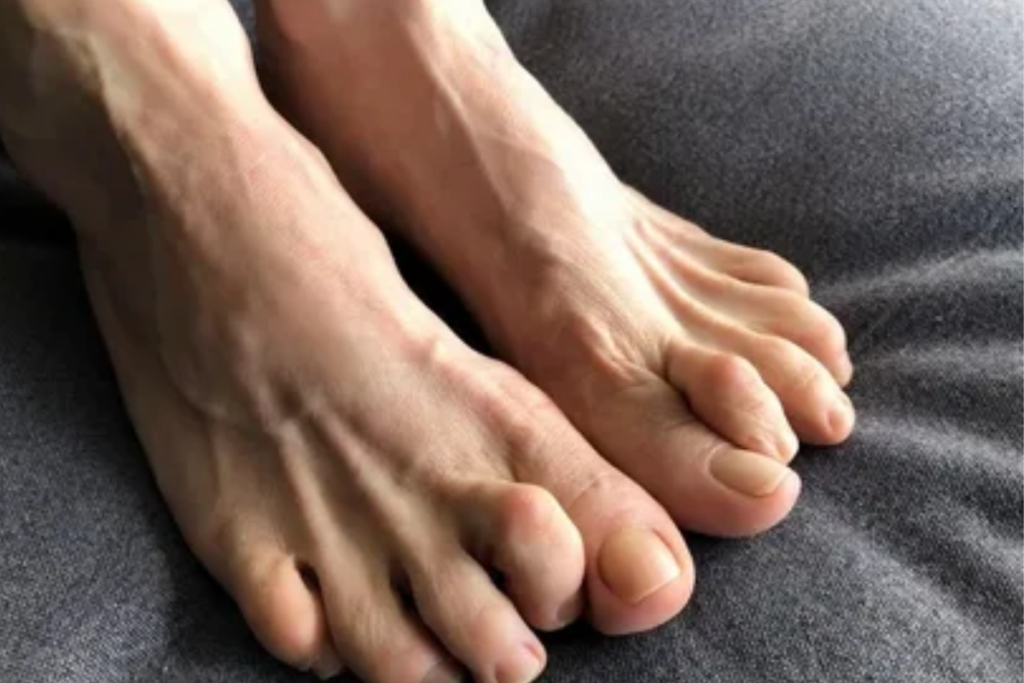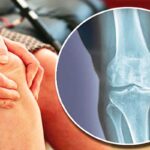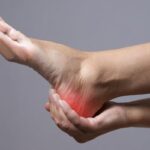
Hammer toe deformity is a common condition characterized by an abnormal bend in the middle joint of one or more toes. This deformity causes the affected toe to curl downwards rather than point forward, resembling a hammer. While hammer toes can be painful and limit mobility, especially when wearing shoes, proactive measures can help prevent their development or alleviate symptoms in early stages. Here, we explore effective strategies, exercises, and lifestyle adjustments to maintain healthy feet and prevent hammer toe deformities.
Understanding Hammer Toe Deformities
Hammer toes typically affect the second, third, or fourth toes, although any toe can be involved. The condition may develop gradually due to several factors:
- Footwear: Wearing shoes that are too narrow or tight can force the toes into an unnatural position, leading to muscle imbalance and joint misalignment.
- Genetics: Some individuals inherit a tendency to develop hammer toes or other foot deformities.
- Medical Conditions: Conditions such as arthritis, which affects joint flexibility and stability, can contribute to the development of hammer toes.
Initially, hammer toes may be flexible, meaning they can be straightened manually. However, without intervention, the joints may become rigid over time, requiring more invasive treatment options.
Tips for Preventing Hammer Toe Deformities
- Footwear Selection: Choosing appropriate footwear is crucial in preventing hammer toes. Opt for shoes with:
- Wide Toe Box: Shoes should provide enough room for toes to move freely without being cramped.
- Low Heels: Avoid high heels, as they can push toes forward into an unnatural position.
- Ample Cushioning: Shoes with adequate cushioning help absorb shock and reduce pressure on the toes.
- Orthotic Inserts: Consider using orthotic inserts or arch supports. These devices help distribute pressure evenly across the foot, correct biomechanical imbalances, and reduce strain on the toes.
- Toe Exercises: Regular exercises can strengthen toe muscles and improve flexibility, reducing the risk of developing hammer toes. Include the following exercises in your daily routine:
- Toe Stretching: Sit comfortably and extend one leg. Use your hands to gently stretch each toe, holding for 10-15 seconds. Repeat with the other foot. Aim for 3-5 repetitions daily.
- Toe Curls: Place a small towel on the floor and use your toes to grip and pull it toward you.This exercise strengthens the muscles that control toe movement.
- Marble Pickup: Scatter marbles on the floor and use your toes to pick them up individually. This exercise improves dexterity and strengthens toe joints.
- Toe Spreading: Sit with your feet planted firmly on the floor. Spread your toes apart as far as possible and hold for a few seconds before relaxing. Repeat several times to promote toe alignment.
- Toe Splints or Crest Pads: These devices can help straighten toes and alleviate pressure, particularly beneficial during sleep or rest periods.
- Maintain Healthy Body Weight: Excess weight can strain the feet and toes, exacerbating conditions like hammer toes. Maintain a healthy weight by following a balanced diet and engaging in regular exercise to minimize this risk.
- Regular Foot Checks: Inspect your feet regularly for any signs of deformities, corns, or calluses. Early detection allows for prompt treatment and prevents the condition from worsening.
- Consultation with a Specialist: If you notice symptoms of hammer toes or have a family history of foot deformities, consult with a podiatrist or orthopedic specialist. Early diagnosis and intervention can prevent complications and improve treatment outcomes.
Summary
Hammer toe deformities can significantly impact mobility and comfort, but proactive measures can mitigate their development and alleviate symptoms. By incorporating proper footwear, toe exercises, and maintaining a healthy lifestyle, you can effectively prevent hammer toes and maintain optimal foot health.
For personalized advice and treatment options, consider scheduling a consultation with Dr. Ashish Suryawanshi, a leading orthopedic surgeon specializing in foot and ankle disorders. Dr. Suryawanshi’s clinics in Nigdi and Thergaon, Pune, offer comprehensive care and innovative solutions to help patients manage and prevent foot deformities effectively




